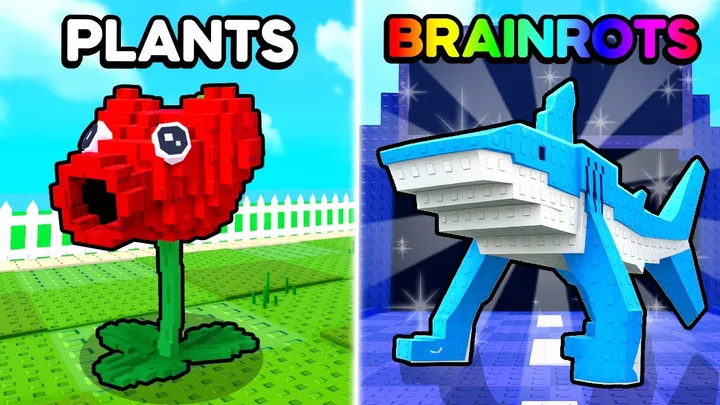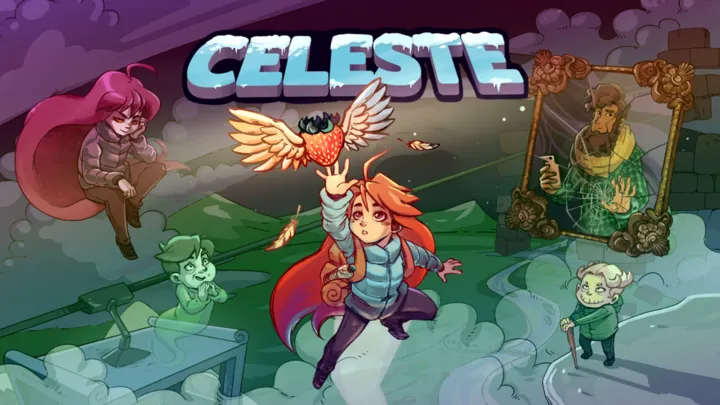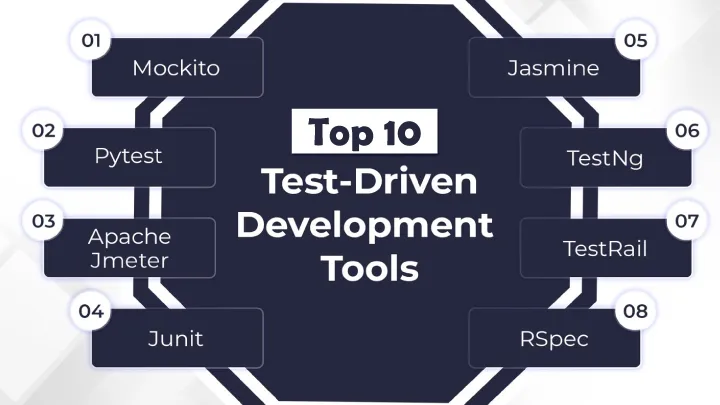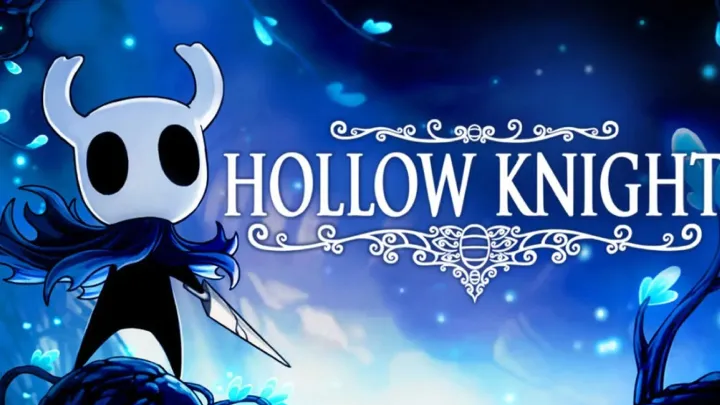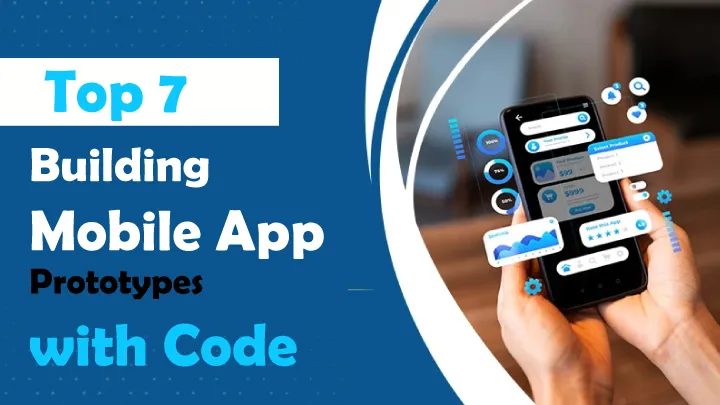Introduction
Test-Driven Development (TDD) flips coding by writing tests first, ensuring robust, maintainable software amid 2025's agile demands, where TDD reduces bugs by 40-60% per studies from Microsoft and IBM, powering reliable apps at scale. Mobile apps embed TDD into portable practice, offering red-green-refactor cycles, code editors, and feedback loops for on-the-go katas. This review assembles the top 10 apps for TDD learning, drawn from 2025 app store insights, dev surveys on Stack Overflow, and TDD forums like Reddit's r/tdd. Each app unpacks features, strengths, and weaknesses (as cohesive paragraphs), with an overall evaluation without scores. From novices red-lighting assertions to pros refactoring legacy, these iOS- and Android-optimized platforms provide over 2000 words of actionable strategies to TDD-ify your workflow.
1. Codecademy
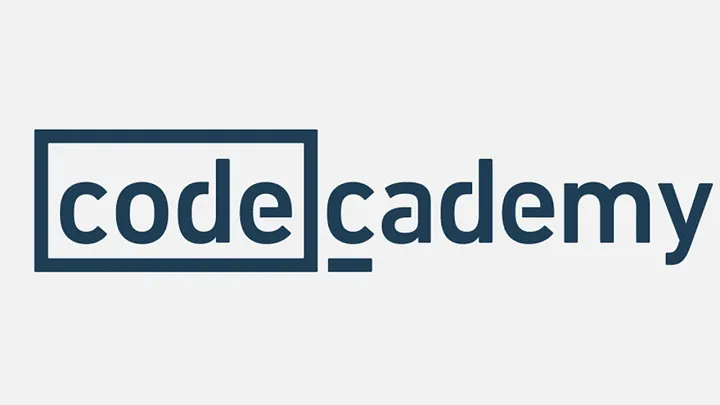
Overview: Codecademy Go integrates TDD modules in Python and JavaScript paths, guiding users through test suites, assertions, and refactoring with an in-app editor for mobile practice.
Strengths: Interactive prompts walk through red-green-refactor, like testing a fizzbuzz function before coding it, with instant run feedback building confidence. Syncs progress for hybrid learning, while free basics cover pytest basics. Premium $19.99/month unlocks advanced JS TDD with Jest, including project-based katas for real apps. Community forums discuss edge cases, enhancing understanding.
Weaknesses: Mobile editor limits complex test suites, lagging on multi-file runs. TDD coverage embeds in languages, not standalone, diluting focus for purists. Free tier caps projects, gating deeper refactoring drills.
Overall Evaluation: Codecademy embeds TDD seamlessly into language learning, ideal for beginners, though editor constraints favor desktop extensions.
2. Udacity
Overview: Udacity's nanodegree app teaches TDD in Android and web dev tracks, with mentorship on unit tests, mocks, and CI integration via quizzes and projects.
Strengths: Mentor-reviewed projects apply TDD to apps like weather fetchers, earning feedback on test coverage. $399/month includes career services tying TDD to jobs, with offline downloads for travel. Covers Jest and JUnit deeply, sequencing from simple asserts to integration tests. Real-world examples from partners like Google inspire practical habits.
Weaknesses: High cost barriers casual explorers, and app supplements web labs. Assumes OOP basics, steep for functional TDD newbies. Mobile quizzes light on code-heavy refactoring.
Overall Evaluation: Udacity mentors TDD for career impact, suiting committed devs, but price and prereqs limit accessibility.
3. Coursera
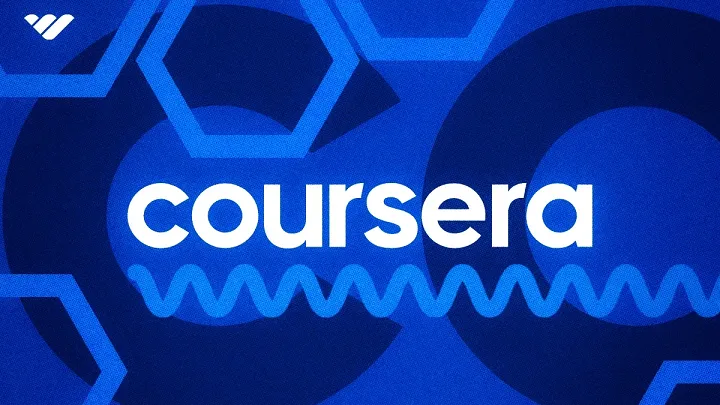
Overview: Coursera's app hosts TDD specializations from unis like University of London, with videos, quizzes, and peer-graded test suites in Python and Java.
Strengths: Audit free for core content, with $49/month certs validating TDD skills via projects like refactoring calculators. Offline videos fit commutes, while forums troubleshoot failing mocks. Sequences from theory to BDD extensions, covering Cucumber. Peer reviews simulate code reviews, honing TDD discipline.
Weaknesses: Video focus hampers mobile coding, with labs better on desktop. Free skips grading, reducing motivation. Courses update slowly for 2025 tools like Vitest.
Overall Evaluation: Coursera structures TDD academically with peers, great for credentialed learning, though interactivity lags on mobile.
4. Pluralsight
Overview: Pluralsight's mobile app streams TDD paths in .NET, JS, and Python, with skill assessments, labs, and code challenges for refactoring practice.
Strengths: 1000+ videos bite-sized for sessions, with labs running NUnit tests in-browser. $29/month unlocks paths like "TDD Fundamentals," tracking proficiency. Offline downloads and bookmarks support flexible pacing, while role IQ maps TDD to jobs. Assessments quiz on red-green pitfalls.
Weaknesses: Labs require net for execution, and mobile player skips deep editor. Content skews enterprise, light on mobile-specific TDD like Espresso.
Overall Evaluation: Pluralsight skill-builds TDD via assessments, ideal for pros, but net dependency curbs offline flow.
5. LinkedIn Learning

Overview: LinkedIn Learning app offers TDD courses in JS and Java, with exercises, transcripts, and integration to profiles for showcasing test suites.
Strengths: Short videos demo Mocha setups, with downloadable resources for mobile katas. Free month trials, then $29.99/month with certs linking to LinkedIn. Offline mode caches courses, and quizzes reinforce refactor patterns. Ties to job searches highlighting TDD skills.
Weaknesses: No in-app editor, relying on external for practice. Courses standalone, lacking progression paths. Mobile transcripts clunky for code copying.
Overall Evaluation: LinkedIn Learning networks TDD with careers via certs, suiting job hunters, though practice gaps need supplements.
6. freeCodeCamp
Overview: freeCodeCamp's app includes testing sections in JS algorithms, teaching TDD via challenges and projects like quote machines with Jest.
Strengths: Free, ad-free with 300+ hours, building TDD through FCC's test runner on functions before implementation. Offline sections download, and forums review submissions. Certifications validate for portfolios, covering from asserts to mocks. Community-driven updates keep fresh.
Weaknesses: TDD embedded in JS track, not dedicated, missing Python or advanced BDD. Mobile challenges basic, no multi-file support. Pacing self-directed, risking skips.
Overall Evaluation: freeCodeCamp democratizes TDD for free, great for JS self-learners, but scope limits breadth.
7. SoloLearn
Overview: SoloLearn gamifies TDD in Python and JS courses, with quizzes on test frameworks and code playgrounds for red-green cycles.
Strengths: Free community of 20M+ shares TDD snippets, earning XP for test-writing streaks. Offline quizzes on pytest asserts, with instant feedback. Bite-sized for breaks, blending TDD with language basics. Leaderboards motivate competitive practice.
Weaknesses: Introductory TDD, skipping refactoring depth. Ads interrupt flow, and playground lacks full test runners. No certs for validation.
Overall Evaluation: SoloLearn funnels TDD via gamification, suiting beginners socially, but depth eludes advanced.
8. Enki
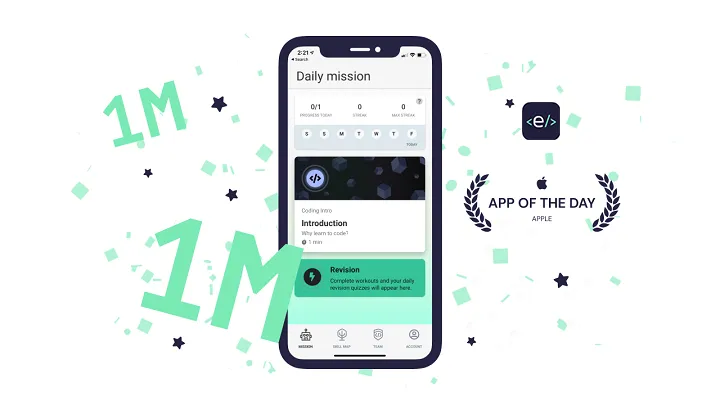
Overview: Enki's daily workouts drill TDD habits in JS and Python, with adaptive challenges on mocks and coverage via flashcards and drills.
Strengths: Personalized paths target TDD gaps like integration tests, 10-min sessions with streaks. Free basics, $7.99/month premium for Jest labs. Offline drills, analytics track coverage scores. Emphasizes clean code alongside tests.
Weaknesses: Short tasks skip full cycles, no project builders. JS/Python focus omits Java. Premium gates advanced BDD.
Overall Evaluation: Enki habits TDD daily for intermediates, but snippet style limits holistic practice.
9. Programming Hub
Overview: Programming Hub offers TDD modules in Java and Python, with compilers, videos, and certs for testing assertions and refactors.
Strengths: Compiler runs JUnit tests in-app, offline videos explain cycles. $6.99/month pro certs, examples from real apps. Progress bars gamify, broad languages include C#.
Weaknesses: TDD scattered, not focused track. UI dated, crashes on video loads. Oversimplifies complex mocks.
Overall Evaluation: Programming Hub certifies multi-lang TDD affordably, versatile for explorers, but fragmentation dilutes.
10. TestDriven.io Mobile
Overview: TestDriven.io's app ports TDD courses in Django and FastAPI, with labs on pytest, coverage, and CI for Python web TDD.
Strengths: Project-based labs build tested APIs step-by-step, $29/month unlocks full access. Offline labs download, forums discuss Docker test envs. Focuses backend TDD, with Docker integration. Updates for 2025 tools like Ruff.
Weaknesses: Python/web-centric, ignoring frontend. App beta, occasional sync issues. Costly for basics.
Overall Evaluation: TestDriven.io deepens Python TDD via projects, backend pros' pick, though niche scopes narrow appeal.
Conclusion
Learning TDD on mobile fortifies 2025's codebases against bugs, from indie apps to enterprise monoliths, and these ten apps turn tests into triumphs. Start red with freeCodeCamp or SoloLearn for cycles, green with Udacity or Coursera for depth. Standouts like Enki's drills or TestDriven's labs shine—but editors' limits or focuses suggest stacks. As AI aids tests, they evolve. Red daily, refactor boldly, blend apps to TDD your way to unbreakable code.
